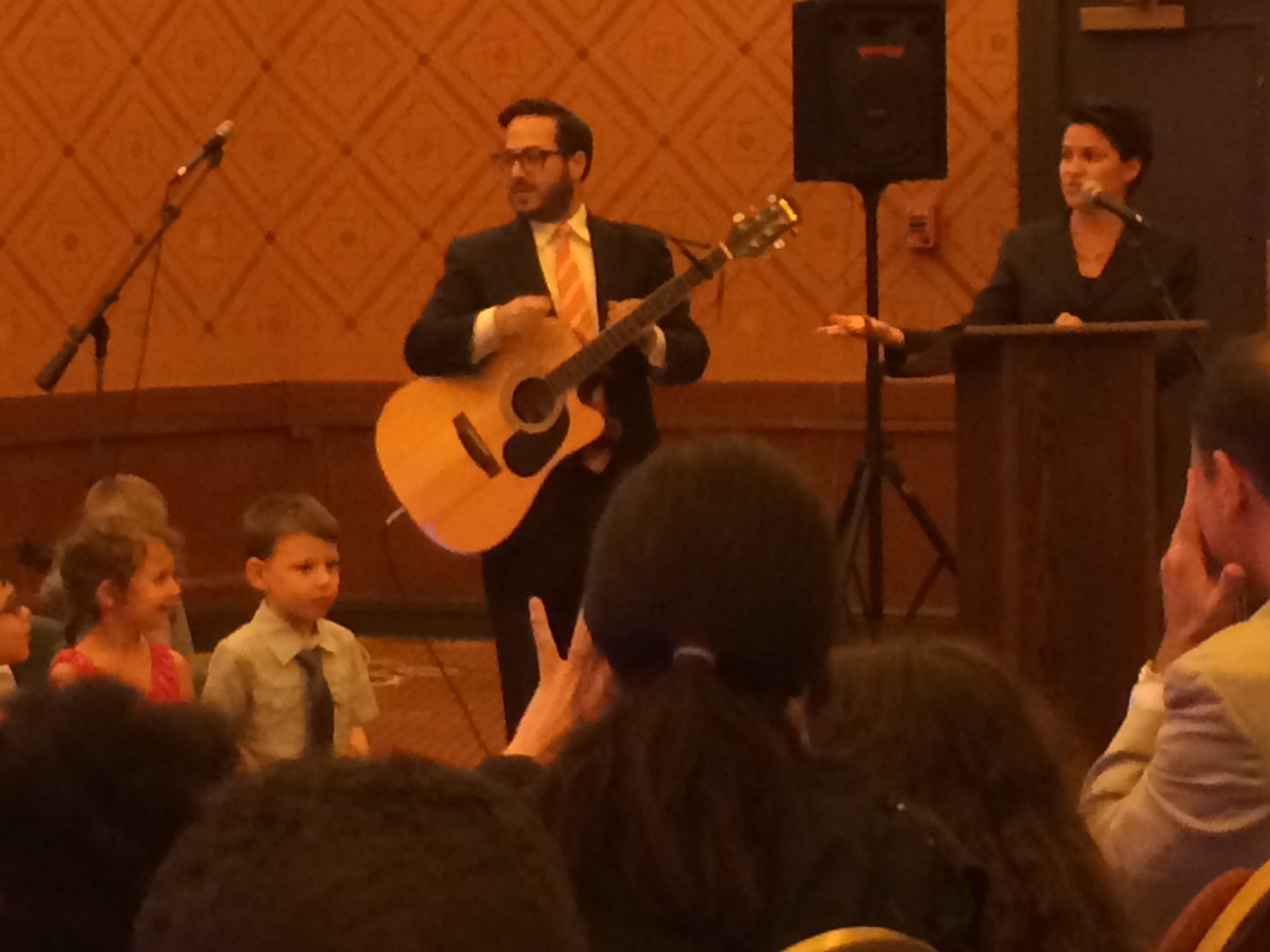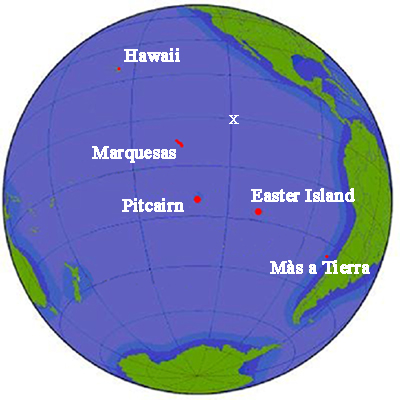A poem by my friend and colleague, Rabbi Michael Latz:
Tonight,
on the way to visit a friend for dinner on Emek Refaim,
we stopped to do a holy Jewish act:
Buy a book.
As we perused the selection
in Hebrew
and English
at Steimatzky’s,
and explored titles
of trashy novels
and deep philosophy
and Jewish life
and the potential
for Middle East Peace
and how to make
a perfect Shakshouka,
the Air Raid Siren went off.
Quietly,
we went to the miklat–
the safe room/bomb shelter.
We crowded in with
other shoppers:
A mother soothing an anxious toddler
with Hebrew lullabyes,
An older woman reading her I-Phone
for news on the Red Alert app,
Two young college students,
handing out stickers that read, “Discount”
in Hebrew to the children
in the Bomb Shelter
as the Iron Dome intercepted
two of the four rockets launched at Jerusalem,
once considered
off-limits,
now a target.
We
and our daughters
in the Miklat on Emek Refaim
wondering in our hearts
a volley of unspoken questions:
Is this
our new normal?
Do you ever get used to this?
Where do you put the fear?
How are our daughters–
raised in the safety of the United States–
acting so calmly,
so courageously?
And then, it was over.
We handed over the 100 Sheckel note
and bought a book for me–John Grisham’s latest court room thriller–and a book for Noa:
a young adult novel of fantasy and princesses and dangerous alliances brewing in a mysterious world.
The shop keeper smiled,
handed us our change,
and we said simultaneously,
Todah Rabbah: Thank you.
And walked to dinner.
Because in Jerusalem
what else do you do?
Continue reading




